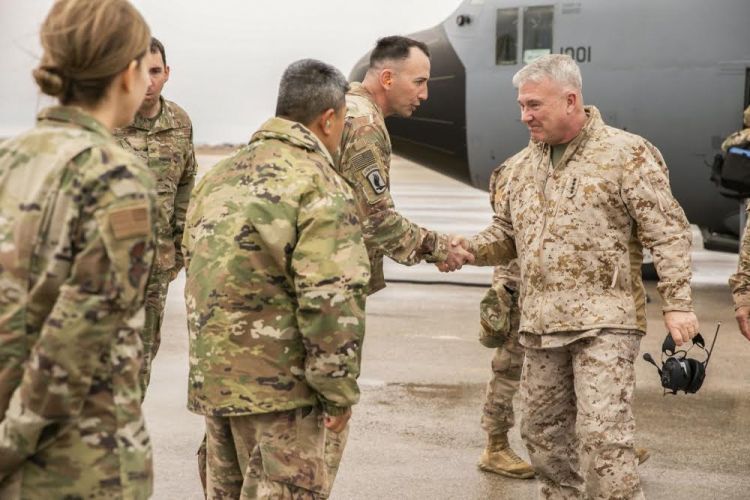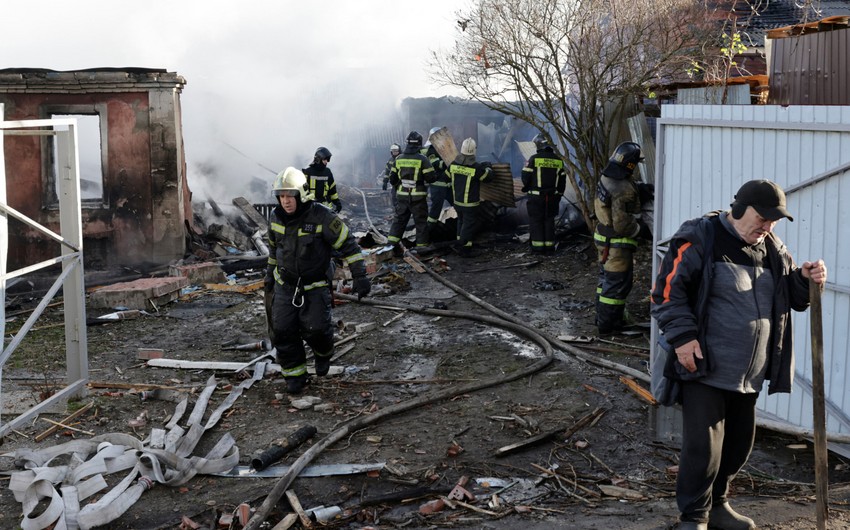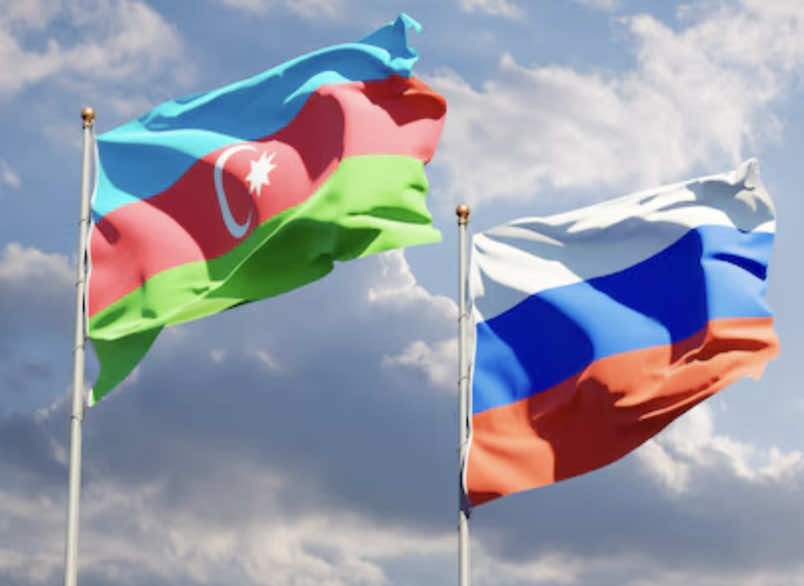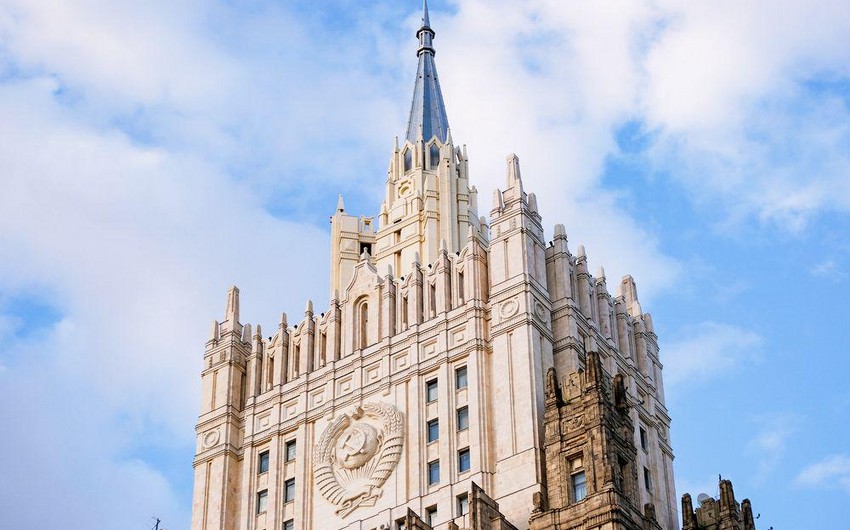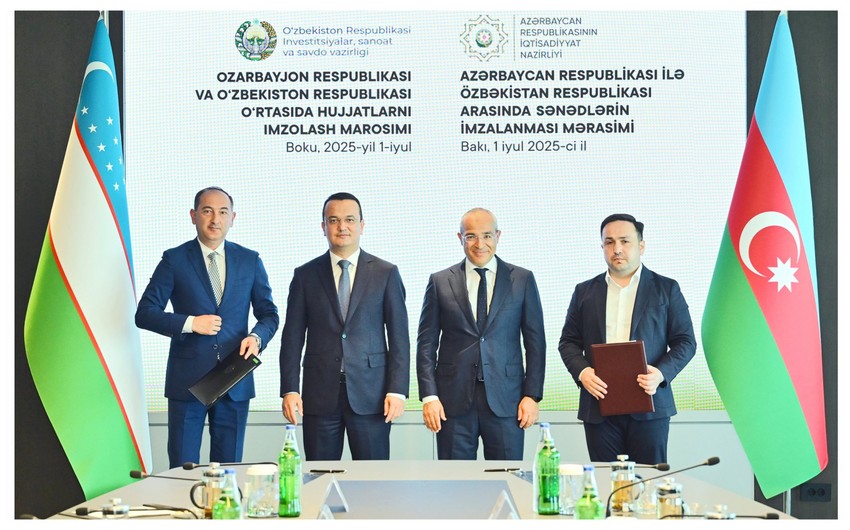The 14th commander of the United States Central Command General Kenneth McKenzie, spoke at length about threats to US interests in the Middle East. In a statement issued at the Middle East Institute on February 8, he expressed concern about the growing diplomatic, military and economic influence of Russia and China in the region.
Speaking about the processes that are pushing the United States into serious contest, Gen McKenzie outlined the points of confrontations. He said Russia was trying to gain a "global power" identity by increasing its influence in the region. Moscow even have plans to establish permanent military bases in Syria and Sudan. Russia's activity in resolving conflicts in the region and selling arms shows Russia's position as an alternative to the West.
Half of China's oil imports come from the Middle East. This factor directs it to economic cooperation with the countries of the region. China's formidable "One Belt and One Road" (OBOR) project is expected to significantly increase Beijing's presence in the region.
Touching on all these nuances, General McKenzie tried to show the seriousness of the situation.
As regards the above issues, Burc Eruygur, an assistant researcher at the Centre for Middle Eastern and North African Studies, gave an interview to the Eurasia Diary.
.jpg)
- Why did the general openly express his concerns on the activities of Russia and China in the Middle East? What were the things that made him think in such a way?
- I think the major factor in why Marine Corps Gen. Kenneth F. McKenzie’s statement was so straightforward is the ever-growing power struggle that is observed in the region. The US, Russia, and China clash with each other in so many ways, caused by their respective foreign policy strategies and objectives. While China may be a sort of newcomer to this struggle, it is a fact that the region is a crucial part of its ambitions under the Belt and Road Initiative (BRI). This initiative is obviously neither supported by Washington nor its regional ally India, which objects heavily to the strong connections formed between China and Pakistan within this context. The China-Pakistan Economic Corridor (CPEC) project, that is the offset of these ties, is a worry for India which feels it will be isolated in the region. For the US, the continuation of this growing reach from Beijing towards the Middle East and Europe is a massive threat for US presence and influence in these regions. As for the case of Russia, its enlarging presence and initiatives in the region, most notably regarding the Syrian conflict, pose a danger to its military presence. Moscow’s desire to also have a say in energy-based commerce emerging from the region, especially the Gulf, is vital in order to prevent a challenge to its own crucial energy policy. All in all, the mélange of these geopolitical dynamics has, in my opinion, created the realisation that Washington is losing control of and influence in the region, which have in part been caused by the US’ own diminishing policy in the Middle East as well.
- Is it possible that Russian and Chinese expansions in the Middle East make them rivals? What should the US do to achieve this situation?
- We are at a point in time in international relations where the world is divided into spheres of influence, which are determined by regional powers. Within this context, the Russian and Chinese spheres of influence collide heavily in the case of Central Asia. So, in this specific region, they can already be considered as fierce rivals. Even though we cannot qualify Russian and Chinese expansions in the MENA region in the same manner, I believe there is room for that to evolve. In the long-term, Chinese investments in the region within the context of BRI could gradually become tools for political influence. Should China make these investments in energy transportation, then it is possible that we can observe a sort of rivalry. This is because Russia values being the primary energy exporter to Europe, and the creation of an alternative source coming from the Middle East and the Gulf would certainly result in a reaction from Moscow. This rivalry could also be witnessed in military terms, with the presence of military bases within the region. However, I think it is too early to indicate to what extent this could happen. But, if the US wants to create a rivalry in this sense, then the US could pursue actions that push both countries in bolstering their military presence.
- What is the best way to repel this expansion: through active engagements or forming alternative cooperation?
- I think the policy of the US in the past few years shows what it believes is the answer to this question. At the start of the millennium, the US followed a policy of active engagement in the region which resulted in a fragmented and unstable country in Iraq. What came after that was a power vacuum that laid the foundations in which the Islamic State was built upon, that later resulted in years of instability in the Levant, following the revolutions of the Arab Spring. I believe the US gradually changed its ideas in this regard, and now it has turned towards the formation of alternative cooperation and alliances. This is evident with the recent normalization processes developing in the MENA region, with regards to Arab-Israeli relations. I think this is the correct way to repel Russian and Chinese expansion in the MENA region, because, as seen in the case of Iraq and even Libya, active engagements have only resulted in tensions, conflict, and instability.
- Can the increasing influence of Turkey and Arab-Israeli reconciliation be helpful for the US in blocking this expansion?
- In this regard, I think the case of Turkey is an interesting one because we can make arguments for and against whether it can be helpful in blocking Russian and Chinese expansion in the Middle East. Ankara has certainly managed to define itself not only as a regional power, but also as a high-ranked middle power according to some experts and academics. Turkey’s political reach as well as its military advancements in the past decade have made it a crucial and necessary ally of the US, especially in the context of the North Atlantic Treaty Organisation. I think Turkey can contribute to the US’ desire to keep Moscow and Beijing at bay if it is also in the interest of Ankara to do so. Because, as we know, Ankara and Washington are not necessarily on great terms in certain ways, which brings us to the arguments against. Contemporary bilateral relations between Turkey and the US are subject to certain disagreements and divergences, and they have been the case for more than 90 years. These divergences have significantly distanced Turkey from the US, whether this is in terms of the PKK, the F-35 deal, and the S-400 just to name a few. Consequently, this has also laid the foundation of a strategic partnership with Russia, that have further distanced bilateral ties. When looking at the arguments from this perspective, I think the question that needs to be asked is whether Turkey wants to help the US in blocking this expansion, due to the fact that Turkey has been on such good terms with Russia in spite of their differences with each other. As a result, an argument can be made for both cases. As for the case of the recent Arab-Israeli normalisations, I have already alluded in the aforementioned question that I think the US is approaching the topic with this intention, and I do believe this can block Russian and Chinese expansions in the region. In summary, a more definitive argument can be made for the Arab-Israeli case.

